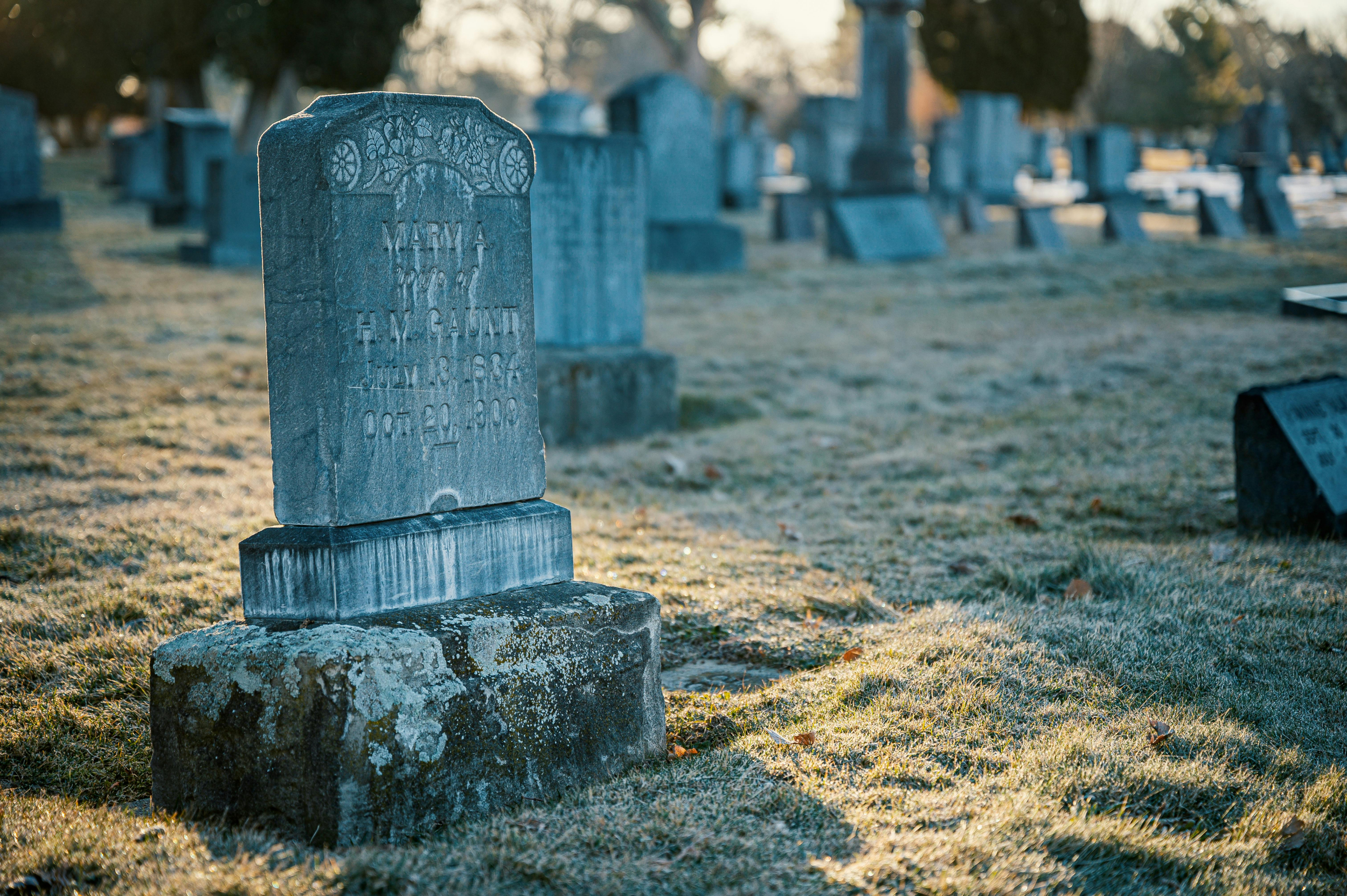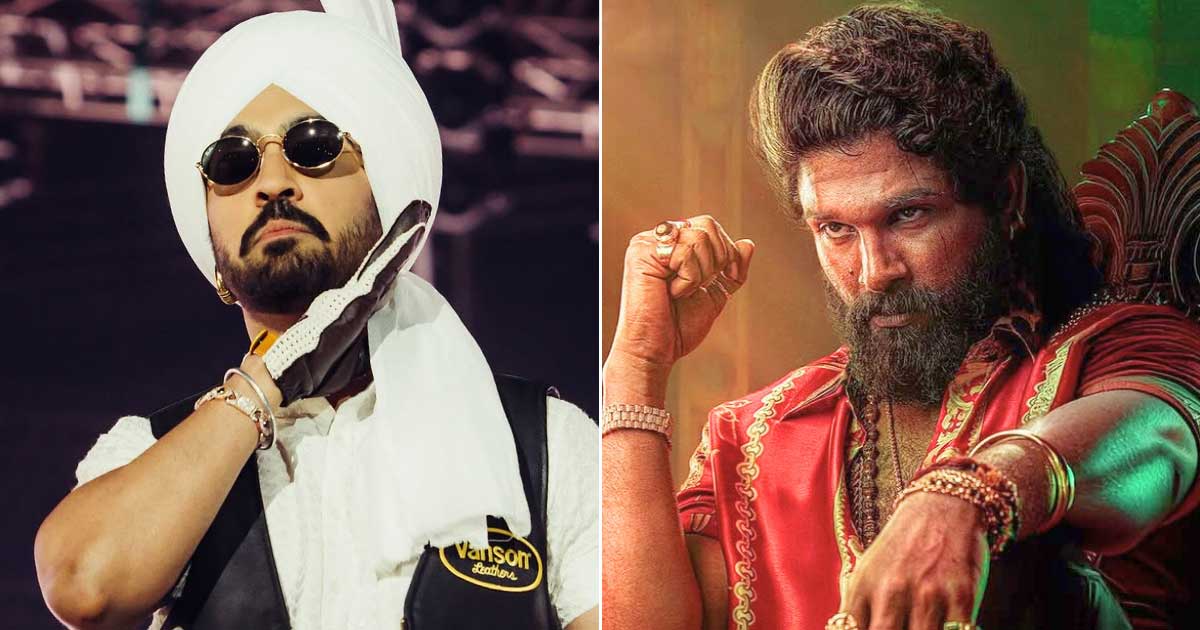NEW DELHI: Chief Justice of India DY Chandrachud on Monday opted not to escalate the controversy surrounding the Supreme Court’s unanimous decision affirming the annulment of Article 370 of the Constitution, which conferred special status on the erstwhile state of Jammu and Kashmir.
He succinctly remarked that judges base their decisions “according to the Constitution and the law”.
The CJI further asserted that judges convey their perspectives through their judgments, which become public property upon pronouncement.
“In a free society, individuals are entitled to form their opinions on the matter,” he said.
Chandrachud refrained from responding to criticism or mounting a defense of the judgment, emphasizing that the rationale behind the decision is encapsulated in the signed judgment, and he deems it appropriate to leave it at that.
Same-sex marriages
Addressing the contentious five-judge constitution bench ruling that declined to legalise same-sex marriages, the CJI openly asserted that the outcome of a case is not a personal matter for a judge.
Despite recognising the strenuous efforts made by queer couples in their “long and hard battle” for the realisation of their rights, the 50th Chief Justice of India emphasised the judicial detachment from case outcomes. The October 17 verdict, delivered by a five-judge bench, refrained from granting legal recognition to same-sex marriages but acknowledged equal rights for the LGBTQ+ community and ensured their protection.
Chandrachud highlighted the judge’s stance of distancing oneself from case outcomes once a decision is made, emphasising that judicial decisions are never personal. He expressed a lack of regret regarding being part of the majority or minority in various cases, underscoring the importance of not associating oneself with a cause after a case is concluded.
He succinctly remarked that judges base their decisions “according to the Constitution and the law”.
The CJI further asserted that judges convey their perspectives through their judgments, which become public property upon pronouncement.
“In a free society, individuals are entitled to form their opinions on the matter,” he said.
Chandrachud refrained from responding to criticism or mounting a defense of the judgment, emphasizing that the rationale behind the decision is encapsulated in the signed judgment, and he deems it appropriate to leave it at that.
Same-sex marriages
Addressing the contentious five-judge constitution bench ruling that declined to legalise same-sex marriages, the CJI openly asserted that the outcome of a case is not a personal matter for a judge.
Despite recognising the strenuous efforts made by queer couples in their “long and hard battle” for the realisation of their rights, the 50th Chief Justice of India emphasised the judicial detachment from case outcomes. The October 17 verdict, delivered by a five-judge bench, refrained from granting legal recognition to same-sex marriages but acknowledged equal rights for the LGBTQ+ community and ensured their protection.
Chandrachud highlighted the judge’s stance of distancing oneself from case outcomes once a decision is made, emphasising that judicial decisions are never personal. He expressed a lack of regret regarding being part of the majority or minority in various cases, underscoring the importance of not associating oneself with a cause after a case is concluded.
Denial of responsibility! Pioneer Newz is an automatic aggregator of the all world’s media. In each content, the hyperlink to the primary source is specified. All trademarks belong to their rightful owners, all materials to their authors. If you are the owner of the content and do not want us to publish your materials, please contact us by email – [email protected]. The content will be deleted within 24 hours.







